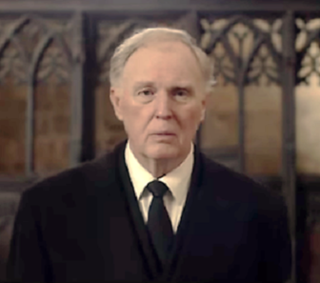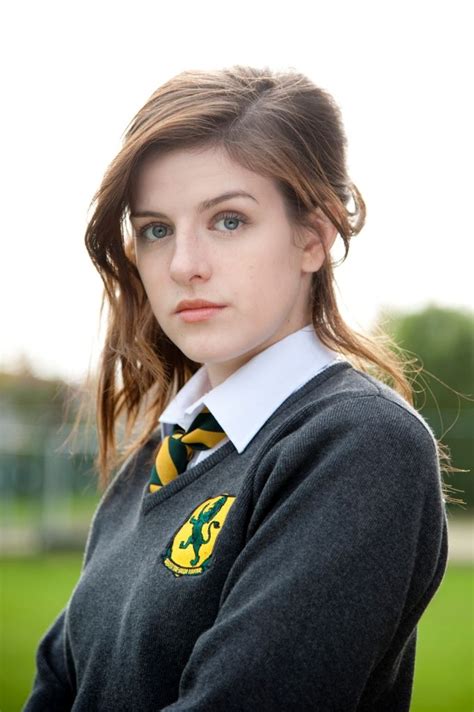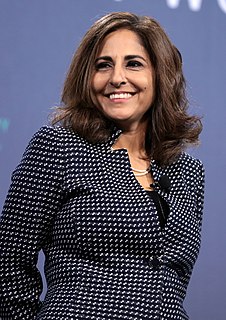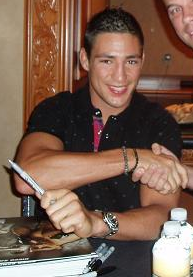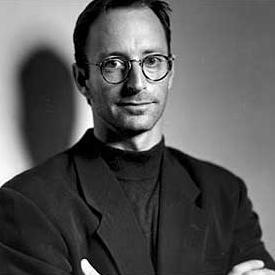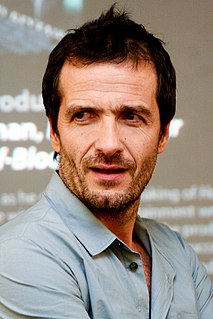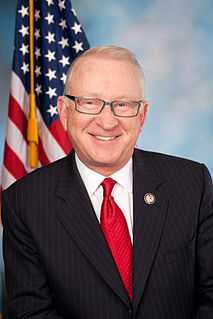A Quote by Emma Donoghue
I needed to do a lot of saying no. I had a lot of [interest] from people who I just didn't think were quite right for it. And I didn't want a bad film to be made of the book, either a sentimental one or a creepy one, so I did a lot of, "No thank you." Then when the right filmmaker came along, yes, I suppose I presented myself very much as wanting to be the writer.
Related Quotes
A lot of people, most people who are working, they do it for money. And I'm not saying there's anything wrong with that. It so happens that I made a lot of money already, so I don't have to worry that much about it. I wouldn't fault anybody for doing it for the money, but it doesn't interest me right now.
I think a lot of people - to be candid about it - are like, if Donald Trump can be president, so can I. And I think there's a whole crop, a new generation of people who aren't on the tip of anyone's tongue, just like Bill Clinton wasn't on anyone's tongue; just like a lot of people didn't expect Barack Obama to take off like he did. I think we will have a lot of new people running, and there are obviously a lot of fantastic people who have run before, or standard-bearers, right. All right. So, I think there's just going to be a ton of those people.
I had received Christ as my savior when I was a child, but I didn't know anything. I didn't have any knowledge. I didn't go to church. And I had a lot of problems, and I needed somebody to kind of help me along. And I think sometimes even people who want to serve God, if they have got so many problems that they don't think right and they don't act right and they don't behave right, they almost need somebody to take them by the hand and help lead them through the early years. And that's really what discipleship is. It's helping people.
My childhood was lonely. Both my parents were away a lot, working, and the maid basically raised me. And I think that's where a lot of my comedy comes from. Not only was the maid very funny and witty, but when my mother came home I'd use humour to try and get her attention. If I made mommy laugh, then maybe everything would be all right. I think that's where it [my comedy] all started.
That was a piece I did in 1963 with Konrad Lueg in a department store, in the furniture department. It was announced in some papers as an exhibition opening, but the people who came didn't know that it was to be a sort of Happening. I don't think it is quite right that it has become so famous anyhow. It was just a lot of fun, and the word itself, Capitalist Realism, hit just right. But it wasn't such a big deal.
We were just trying to make the films that we could get made, and to push the envelope. We didn't realize how far we had pushed the envelope. That all came later. That all came from books and articles about the golden age of the '70s. Believe me, to a lot of us, it was no golden age. The studio heads were very powerful then. They would fire guys right and left. They would look at your dailies and tell you what was wrong with them... a lot of stuff that doesn't go on today. Young filmmakers who are successful today, they don't often have that to put up with.
I think that the difference between The Sopranos and the shows that came before it was that it was really personal. There had been a lot of dramas, a lot of really good ones, a lot of really bad ones, but they were always franchise shows about cops, or doctors, or lawyers. They weren't about the writer himself.


